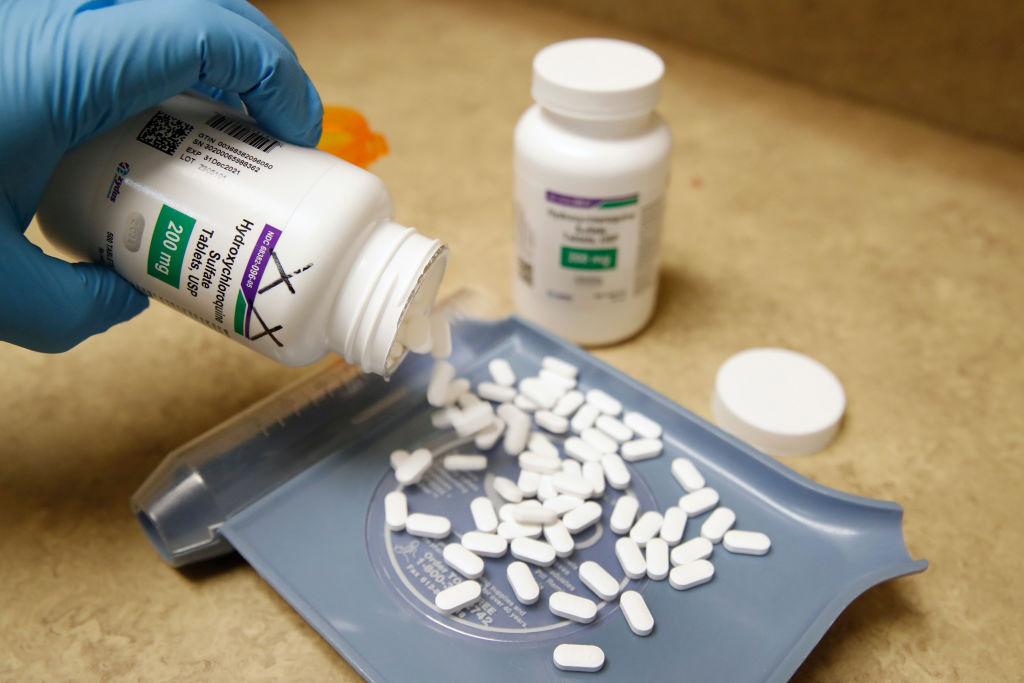Social media giant Twitter temporarily limited the account of one of President Donald Trump’s sons this week as the company continued escalating the policing of what is posted on the platform.
Donald Trump Jr. on Monday evening shared a video of a group of doctors promoting hydroxychloroquine, an anti-malarial drug, in the treatment of COVID-19.





